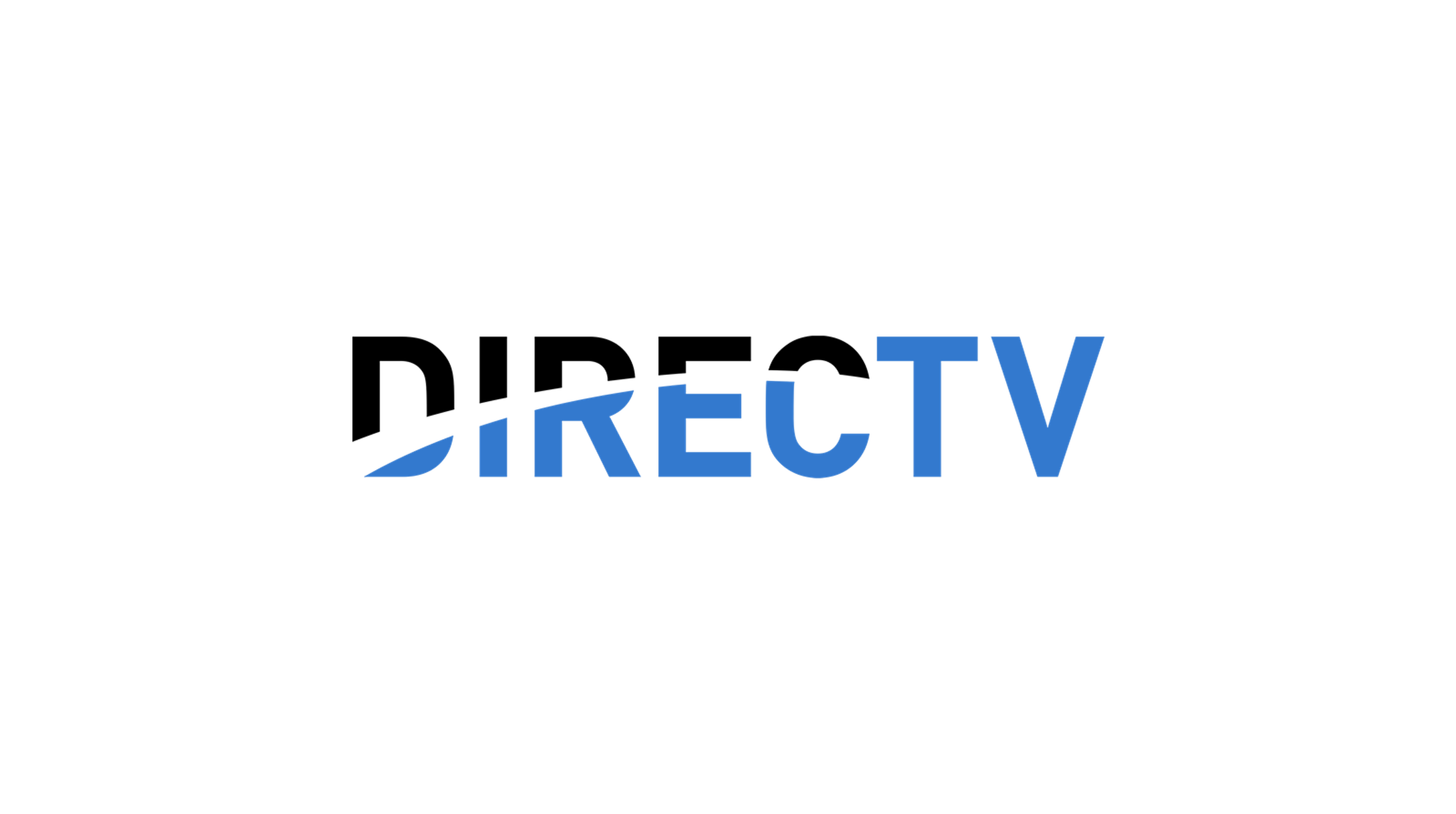Court Dismisses DirecTV Antitrust Lawsuit against Nexstar
The lawsuit stems from a long-running retransmission dispute involving Mission and White Knight that has blacked out their stations on DirecTV

NEW YORK—A federal court has dismissed a DirecTV lawsuit against Nexstar Media Group Inc., Mission Broadcasting, Inc., and White Knight Broadcasting, Inc. alleging antitrust violations as part of retransmission consent negotiations.
The lawsuit in Federal Court for the Southern District of New York stems from a long-running retransmission dispute involving Mission and White Knight that blacked out their stations on DirecTV beginning in October of 2022. Nexstar is named as a defendant because Mission and White Knight have a management agreement with Nexstar for Nexstar to handle sales, news and certain other functions at the stations.
“Mission and White Knight are now unlawfully coordinating with Nexstar to raise prices and extract supracompetitive retransmission consent fees from DirecTV in ‘overlap’ DMAs—those markets where both Nexstar and either Mission or White Knight each own a Big-4 station,” DirecTV claimed in the suit filed on March 15, 2023. “To accomplish this unlawful and anticompetitive aim, Mission and White Knight have entered into an agreement in which they have effectively relinquished decision-making authority to Nexstar.”
Nexstar disputed the claims in court and Judge P. Kevin Castel dismissed the suit in a March 20, 2024 ruling. The order found that DirecTV made some credible arguments but found that the pay TV operator lacked standing under antitrust laws.
“The Court concludes that the Complaint adequately alleges DirecTV’s Article III standing but does not plausibly allege standing under the antitrust laws,” judge P. Kevin Castel wrote in an order dismissing the antitrust suit. “Specifically, DirecTV did not enter into an RCA [retransmission consent agreement] with Mission or White Knight which would have required it to pay what it alleges to be `supracompetitive’ fees. Because the RCAs were not renewed, DirecTV customers experienced `blackouts' that caused them to cancel or not renew their services causing DirecTV to suffer a profit loss. DirecTV cannot allege that the injury is of the type the antitrust laws were intended to prevent and that it flows from the anticompetitive nature of Defendants’ conduct. Also, on the facts alleged, the Court concludes that DirecTV lacks antitrust standing because it would not be an efficient enforcer of the antitrust laws. The Court declines to exercise supplemental jurisdiction over Plaintiff’s remaining state law claims and dismisses them without prejudice.”
In response to those arguments, a DirecTV spokesperson said, “This ruling sets a dangerous precedent that a victim of price-fixing needs to pay the inflated price before it can make a claim in court.”
Get the TV Tech Newsletter
The professional video industry's #1 source for news, trends and product and tech information. Sign up below.
George Winslow is the senior content producer for TV Tech. He has written about the television, media and technology industries for nearly 30 years for such publications as Broadcasting & Cable, Multichannel News and TV Tech. Over the years, he has edited a number of magazines, including Multichannel News International and World Screen, and moderated panels at such major industry events as NAB and MIP TV. He has published two books and dozens of encyclopedia articles on such subjects as the media, New York City history and economics.

